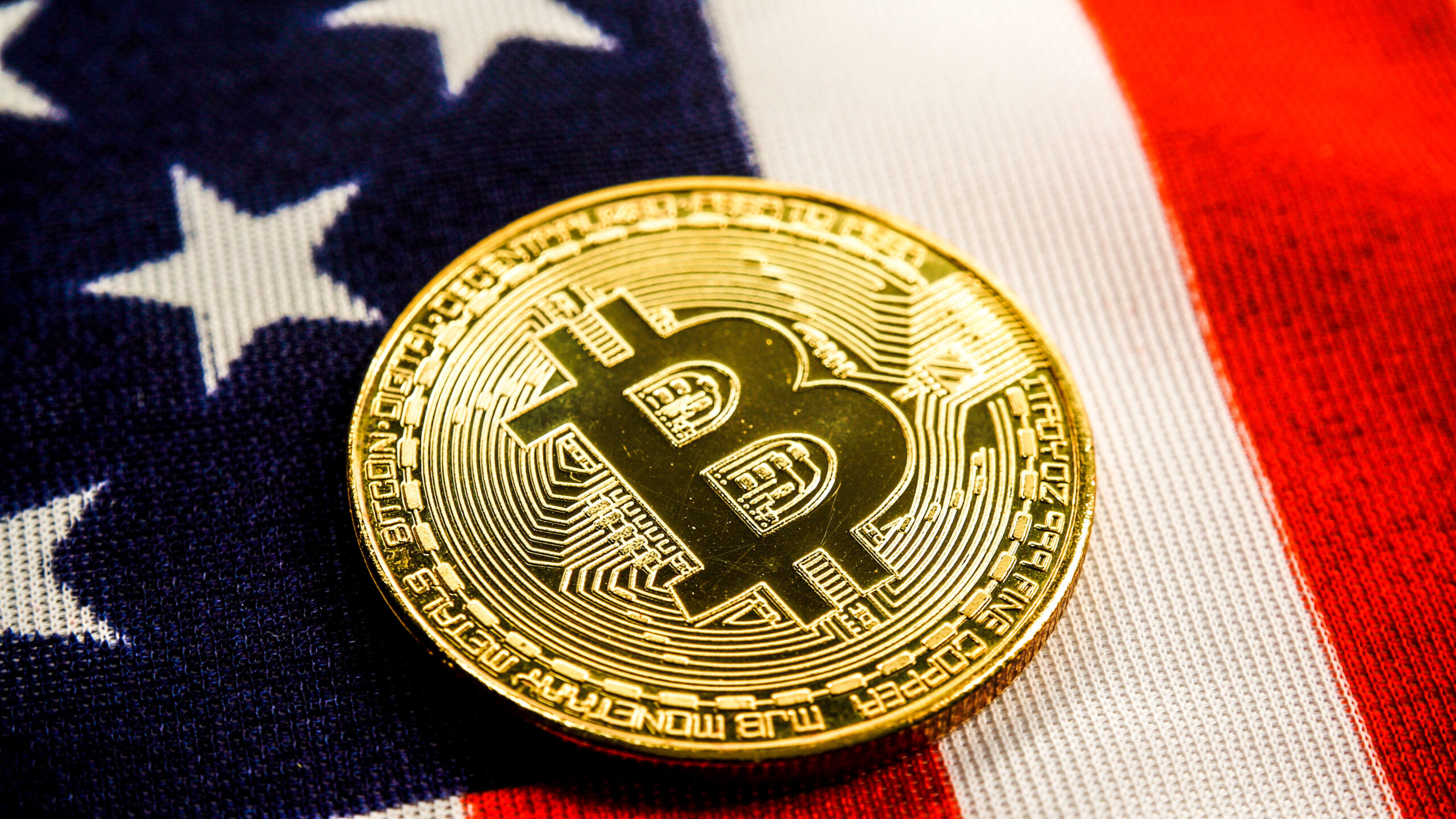The upcoming 2024 US election has sparked discussions about its potential impact on the cryptocurrency markets.
Despite former President Donald Trump’s pro-crypto stance, including his appearance at the Bitcoin Conference in July, industry insiders suggest that global regulatory trends will play a more significant role in shaping the future of digital currencies than the election outcome.
Trump vs. Harris: cryptocurrency stances compared
Donald Trump has positioned himself as a crypto advocate, envisioning the US as a potential “crypto capital of the planet” following his keynote speech at the Bitcoin Conference.
Conversely, Vice President Kamala Harris has been less vocal on cryptocurrency matters.
Political analysts, including Anthony Scaramucci, founder of SkyBridge Capital, believe that Harris may not significantly differ from Trump in her approach to cryptocurrency regulation.
Both candidates appear to support ongoing innovation and development within the digital asset space.
While presidential candidates make headlines with their views on cryptocurrencies, the real regulatory impact may stem from Congressional actions.
Both Republicans and Democrats in Congress are increasingly backing clearer regulations, recognizing the necessity for the US to remain competitive in blockchain technology.
Jeremy Allaire, CEO of Circle, highlights that cryptocurrency regulation is unlikely to become a major partisan issue.
The critical factor will be the speed at which regulatory frameworks adapt to technological advancements.
Recently, the Trump family has entered the cryptocurrency space with a new venture, World Liberty Financial.
This project aims to develop a crypto banking platform offering services to both institutional and retail investors.
Although details of the project are still emerging, its focus on decentralized finance (DeFi) solutions suggests it will need to navigate a complex regulatory landscape.
Relevance of US elections for the crypto market
Despite the US’s influence on the global economy, many cryptocurrency leaders, including Arthur Hayes, former CEO of BitMEX, argue that the crypto market is resilient to political changes.
Hayes asserts that Bitcoin and other digital assets have thrived with minimal government intervention and are likely to continue growing irrespective of the election results.
The 2024 US election has seen substantial financial involvement from cryptocurrency stakeholders, with over $190 million donated to various candidates and political action committees (PACs).
While this demonstrates significant engagement, the future of the cryptocurrency industry appears to be more influenced by global regulatory developments than by the outcome of any single election.
Bitcoin’s price reactions to past US elections
Bitcoin’s price has reacted differently to political events in previous election cycles:
- 2012: During Barack Obama’s re-election, Bitcoin’s market impact was minimal due to its nascent stage.
- 2016: After Donald Trump’s election, Bitcoin began gaining institutional recognition, with its price rising as investors sought a hedge against economic instability.
- 2020: In the wake of Joe Biden’s election and the COVID-19 pandemic, Bitcoin surged due to inflation concerns and increased institutional adoption.
Looking ahead to the 2024 election, Bitcoin’s role as a haven is being debated.
Although its correlation with traditional risk assets has decreased, Bitcoin’s volatility remains high.
With a market capitalization reaching $600 billion in 2024 and daily trading volumes up 25% year-on-year, institutional investors are increasingly viewing Bitcoin as a hedge against geopolitical risks and inflation.
FBS analysts caution that the 2024 US presidential election could significantly impact Bitcoin’s future.
A victory for Kamala Harris might introduce balanced regulations that encourage innovation but also increase compliance costs for US-based exchanges.
Conversely, if Donald Trump wins, his platform—focused on supporting Bitcoin mining and lowering capital gains taxes—could drive higher demand for cryptocurrencies.
The post How US presidential elections might shape crypto markets: what experts say appeared first on Invezz

